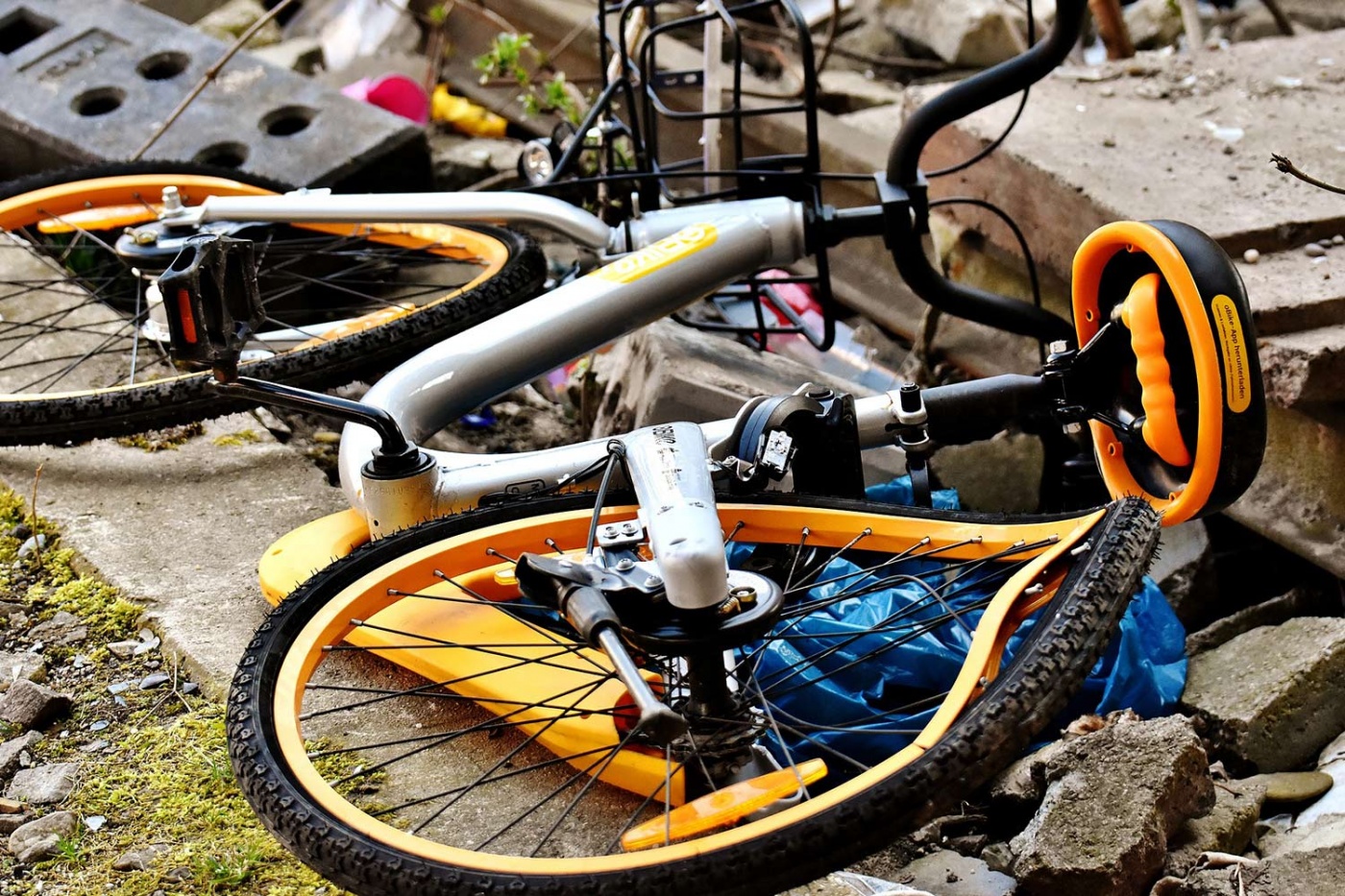Falling From Grace: Inside the Biggest Start-Up Failures in Asia
It’s common knowledge that 90% of all start-ups fail. Yet, this staggering statistic is not always spoken of, and gets drowned out by the highlight reels of the few that have made it past the obstacles. In truth, even those that have “made it to the top” aren’t safe from failure. Beginner’s luck might have taken them far in the game, but to have a profitable business requires a whole other skill set. The inexperience of start-up founders could become their downfall, as they struggle to deal with global expansion and financial management—the latter of which remains one of the main reasons why promising start-ups end up folding. To sidestep the same mistakes, learn from these high-profile start-up failures in Asia that found considerable success before falling from grace.
oBike
Many entrepreneurs build start-ups for the sole purpose of selling them. Rather than longevity, they hope to be acquired based on their disruptive, innovative, forward-thinking nature. Although such companies appear to be profitable in the long run, many of them operate in the red. Yet, all else is forgotten as long as their multi-million dollar valuation is made apparent to the world.
Singapore-based bike-sharing firm oBike looked poised for success, but took zero steps towards making prudent strategic choices, such as setting itself apart from its competitors, monetising the data collected, or following through on its plans to leverage on “deep local knowledge”. It came as no surprise when oBike lost millions, failed to be acquired, and shut down operations to the dismay of many who were looking to get a refund on their deposits.
Honestbee
Once the darling of the local start-up scene, this online grocery delivery company was seen in its heyday as a pioneer and disruptor that could forever change the way we buy groceries. It was an ingenious tool for the modern, perpetually preoccupied consumer, who could order items from various supermarkets and have them delivered to their doorstep all at once. Honestbee was more or less an instant hit, raising nearly US$46 million and expanding from its Singapore headquarters into Hong Kong, Japan, and Taiwan within six months of its inception in 2015. They even ventured offline with the launch of Habitat by Honestbee—a multi-sensory, high-tech supermarket that generated quite a bit of buzz.
Turns out, it was a little too good to be true and staying on top proved to be a challenge for the rapidly growing start-up. As of August this year, it was revealed that Honestbee has a massive debt of about $289 million. Among its outstanding leases include 19 vans from two rental agencies and a few units at Boon Leat Terrace and Tampines Logis Park. The company also ceased operations in Indonesia and Hong Kong, temporarily closed down their operations in Japan and the Philippines, paused their food services in Thailand, and laid off about 10% of its staff globally. Apart from facing a slew of legal issues, employees were laid off—prompting former CEO Joel Sng and other senior leaders to quit eventually. This fiasco mainly boils down to a flawed business model with tight margins, expanding too quickly and funds not being used judiciously.
Tink Labs
Founded in 2012, Tink Labs started attracting major backers such as SoftBank on the premise of supplying smartphones to hotels, so that their guests can use them for free and save on roaming fees. At one point, it raised about $200 million and expanded internationally—reaching more than 82 countries and 600,000 hotel rooms.
Before it all came crashing down, the company unveiled its London office and held a Christmas party on their premises. The festive cheer just wasn’t enough and months later, a number of furious employees smeared cake across the walls and floors in response to the injustices they’ve suffered. Most of Tink Labs ended up folding, thanks to an unproven business model, the mismanagement of funds, and the unfortunate fact that its services were made obsolete due to enhanced global connectivity and lowered roaming charges.
HotelQuickly
Based in Hong Kong and owned by Singapore-headquartered parent company Rising Sun Merchant Services, HotelQuickly was founded in 2012 as a hotel booking website and app. Like many of its peers on this list, it saw near-instant success, entering into six markets in Asia within a few months and raising US$1.15 million in angel funding about a year later. It was also endorsed by TripAdvisor and Trivago, who referred its users to the site.
In December 2018, six years after it launched, however, HotelQuickly closed down. Travellers were stranded at the last minute with their hotel booking cancelled. The only form of refund they received was a voucher that can be used on the site for future transactions—except there wasn’t even a site to speak of. While the details of HotelQuickly’s closure remain murky, there have been speculations of fraudulent activity amidst its inability to sustain profitability. According to the Travel Industry Council of Hong Kong, the start-up’s travel agent license expired in November 2018, which allude to the fact that any sales made during that month might be illegal.


